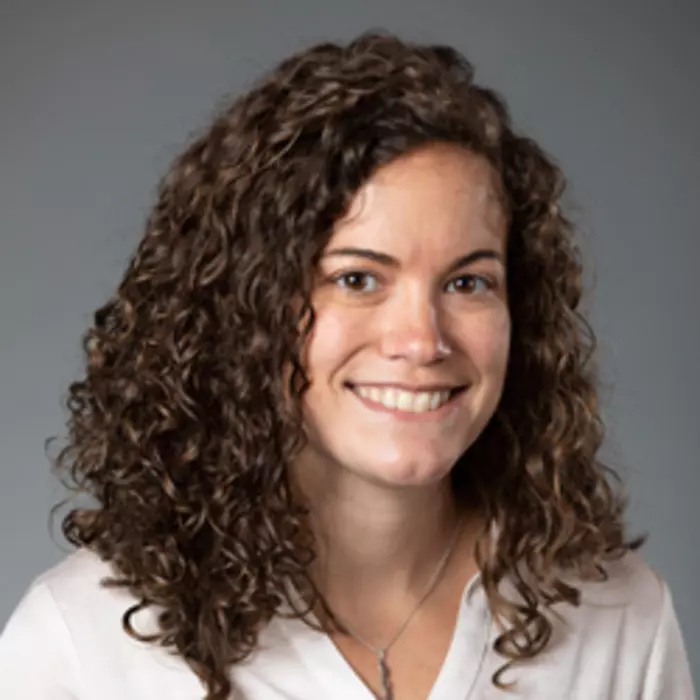
Associate Professor, Exercise Science
Prof. Coffman's research focuses on how the heart and lungs react to various environmental stressors, especially during exercise. She uses a variety of laboratory techniques, including lung diffusing capacity, pulseoximetry, and ECGs.
Professor Coffman completed her Ph.D. at Mayo Clinic in 2017, where she studied the effects of healthy aging on pulmonary vascular function during exercise. She then conducted research on environmental physiology as a postdoctoral research fellow at the U.S. Army Research Institute of Environmental Medicine before joining the University of Puget Sound in 2019.
Her research interests are focused on understanding how the heart and lungs adapt to various stressors such as heat, cold, or altitude exposure, particularly during exercise. We know that these environmental stressors alter many aspects of exercise physiology including blood pressure, heart rate, oxygen consumption, and how blood is distributed in the body.
Additionally, she uses a technique called lung diffusing capacity to study how the diffusion efficiency of gases – such as oxygen – from the environment into the lungs and blood changes in response to these stressors. Techniques used in the laboratory include exercise testing, breathing maneuvers (spirometry), lung diffusing capacity (DLCO), temperature monitoring, electrocardiogram (ECG), and pulse-oximetry. For her future work, she aims to characterize the effects of heat exposure on lung diffusing capacity and related physiological variables during rest and incremental exercise.